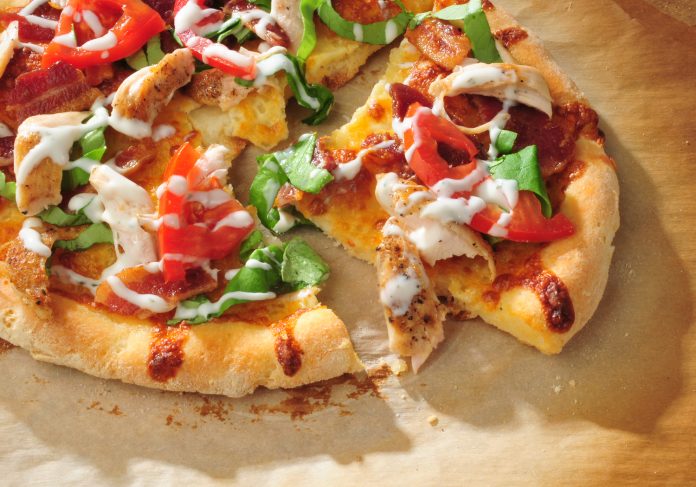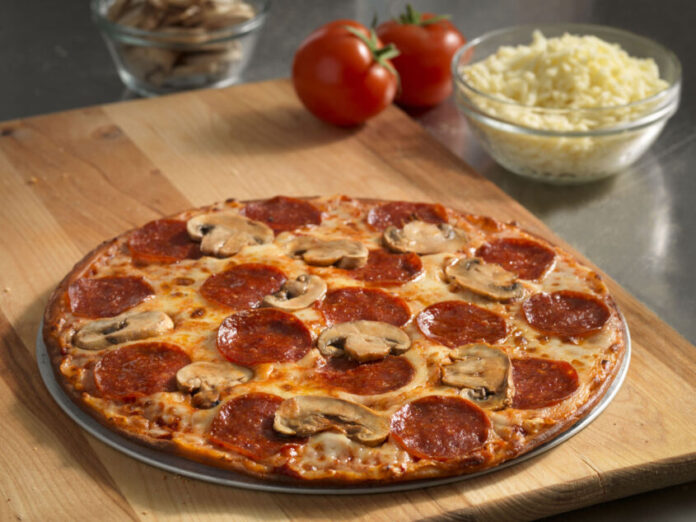
The Science Behind Going Gluten-Free
Gluten is basically a storage protein found in grains like wheat, rye, barley, and triticale and is responsible for holding bakes goods together and giving them their characteristic chewy texture. It is also hidden in many not-so-obvious foods such as soups, sauces as well as salad dressings.

In the past few years, however, gluten has been under the spotlight as a result of the increasing awareness about gluten intolerance. It’s estimated that 1% of the population suffers from Celiac disease – an autoimmune disorder in which the small intestine gets severely damaged as a result of gluten ingestion, leading to nutritional deficiencies and physical pain. Such individuals need to follow a strict gluten-free diet. Although only a small population suffers from Celiac disease, a larger population experience abdominal pain, bloating, fatigue and headaches after consuming gluten – a condition termed as non-Celiac gluten sensitivity. In fact, Individuals with gluten sensitivity are believed to be 6 times greater than those with gluten intolerance.
The increased awareness about Celiac disease and gluten sensitivity have led to the growing popularity of gluten-free diets and even those without any such condition have joined the bandwagon too. Keeping up with this trend, the food industry has also shaped its strategies to manipulate the growing popularity of gluten-free diets – you will find gluten-free variants of products all over the supermarket along with special gluten-free meal options being offered in restaurants and food delivery companies like ActivEats.
Gluten-Free Pizza

Perhaps the hardest part of making the perfect pizza is getting the crust right – crispy on the outside yet chewy on the inside. As already discussed above, gluten does all the magic to make your pizza crust super soft, airy and chewy. When going gluten-free, however, there may be a bit of problem especially if the right substitutes are not used for preparing the dough. You might find frozen gluten-free pizza crusts in the supermarket but trust us, these are super dense and end up tasting and feeling like cardboard after being baked.
Most restaurants use special flour blends consisting of gluten-free grains and seeds to ensure that your gluten-free pizza is just as good as the regular ones. You can also prepare the crust yourself by using gluten-free ingredients that are easily available in the market. For instance, you can use gluten-free bread flour and baking powder to make the perfect gluten-free pizza at home. And since pizza sauces and cheese may also contain traces of gluten, do read the ingredients label of the products you’re purchasing to make sure they don’t contain any gluten.
Benefits Of Eating Gluten-Free Pizzas

A common misconception is that going gluten-free helps you lose weight and while this may be true for individuals with gluten intolerance and sensitivities, there’s not a strong scientific link between losing weight and gluten-free diets unless you’re making healthier food choices. After all, processed foods are high in calories no matter if they’re labeled gluten-free or not.
With that being said, however, sticking to a gluten-free diet has an array of amazing benefits you can take advantage of. Here is what’s in store for you if you decide to exclude gluten from your pizzas (and diet).
Improved Energy Levels

A gluten-free diet is relatively easier on your digestive system which means that the nutrients in your food can be efficiently absorbed into your bloodstream to fuel your body and brain. This results in higher energy levels and allows you to be more active.
No More Bloating

Consuming gluten is linked to bloating and weight gain in individuals with gluten sensitivity so removing it from your diet may help prevent bloating.
Reduced Risk Of Developing Autoimmune Diseases
Most autoimmune diseases go hand in hand – there’s a greater risk of developing another if you already suffer from one. Thus, opting for a gluten-free diet may reduce your risk of developing Celiac disease while simultaneously saving you from suffering from other autoimmune diseases in the future as well.
Regulated Insulin Levels
It’s no secret that wheat-based foods, which also contain gluten, are responsible for spiking blood sugar levels which can result in a number of health problems. Hence, restricting gluten from your food by consuming less wheat-based, starchy and processed foods can help regulate the blood glucose levels and ensure your health remains at its best.
Improved Overall Health

A gluten-free diet helps reduce cholesterol levels in your blood which lowers the risk of developing cardiovascular problems. Moreover, gluten-free substitutes are generally healthier and are rich in vitamins, minerals, and antioxidants. This means that opting for a gluten-free diet may provide your body with the essential nutrients it needs to perform optimally while reducing inflammation and oxidation damages to lower the risk of cancers and other diseases, ensuring that you remain in a good shape.
Better Skin

A gluten-free diet means cutting down processed goods and baked foods from your life which has a direct impact on the health of your skin as well. This means no more acne-prone, red or inflamed skin. Moreover, consuming gluten-free foods can also help you deal with skin conditions such as eczema, hives and alopecia areata.
There are other benefits of choosing gluten-free food options as well but we hope the ones listed above are enough to convince you to go gluten-free. And as far as gluten-free pizzas are concerned, we believe that they’re a perfect option to satisfy your hunger cravings more healthily. When made the right way, they taste just as good as traditional pizzas but without the associated health risks.
So the next time you want to savor a pizza, try out a gluten-free one, like ones from slicelife.com, to take advantage of the amazing health benefits it has to offer, without sacrificing the taste or the texture.

![The Elements of Pizza: Unlocking the Secrets to World-Class Pies at Home [A Cookbook]](https://m.media-amazon.com/images/I/41b2lVg5uLL._SL160_.jpg)
![Flour Water Salt Yeast: The Fundamentals of Artisan Bread and Pizza [A Cookbook]](https://m.media-amazon.com/images/I/5104LtoxPiL._SL160_.jpg)
![Mastering Pizza: The Art and Practice of Handmade Pizza, Focaccia, and Calzone [A Cookbook]](https://m.media-amazon.com/images/I/61s+vTX2a4L._SL160_.jpg)












